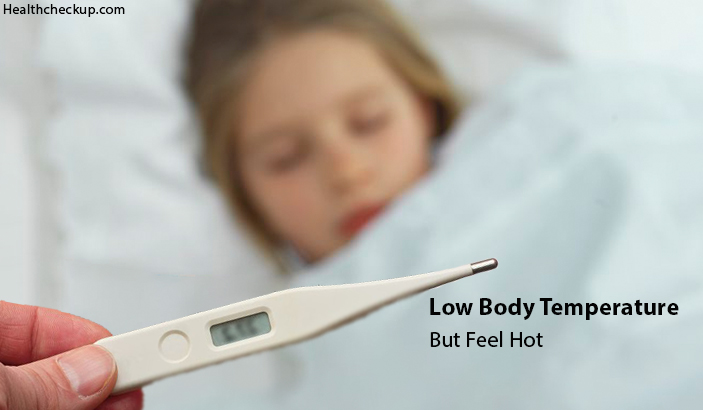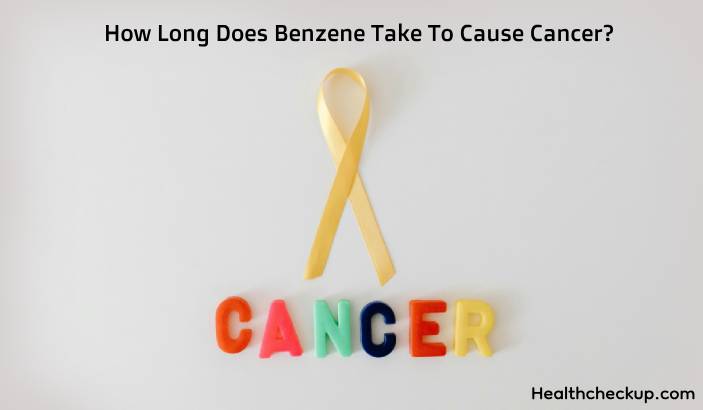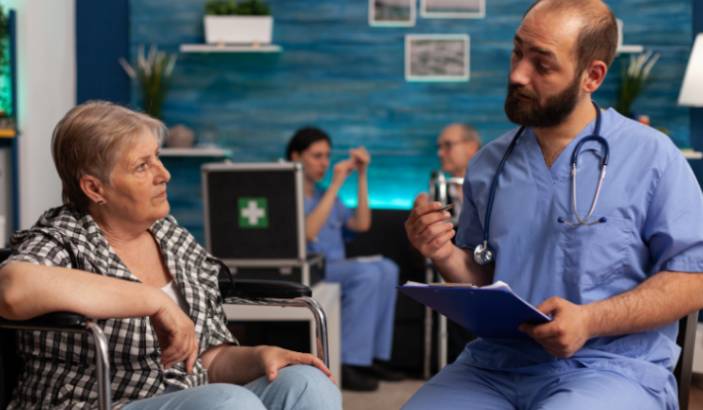We all may have experienced at sometime a low body temperature but feel hot; we wonder what the causes could be behind such a strange happening.
It’ll worth knowing a little about our body’s thermostat and the process of thermoregulation and our body’s response to hot and cold temperatures.
- Body heat is generated by muscle movement and basal metabolic activity.
- Body heat is lost by conduction, convection, evaporation, and radiation.
- Our body’s thermostat which regulates body temperature is located in the hypothalamus (in brain). It is extremely sensitive to changes in core body temperature.
- The normal temperature is regulated within the range of 37 ± 0.5 degrees Celsius (98.6 degrees Fahrenheit).
- Normal body temperature is important for maintaining various physiological functions of our body.
- This basal body temperature increases in response to infections.
It Is To Be Remembered That The Site For Measuring Body Temperature Also Influences Values
- Oral temperature – It is affected by hot and cold food or drinks and mouth breathing.
- Axillary temperature (armpit) – Slightly lower than oral temperature (about 0.5 degrees Celsius)
- Rectal temperature – Slightly higher than oral temperature (about 0.5 degrees Celsius)
- Skin (shell) temperature – Varies according to the environment
- Extremities – Are generally cooler than rest of the body
Low Body Temperature But Feeling Hot – What does it mean?
When the surrounding environment is cold, the body is able to produce heat by the following ways:
- Shivering
- Cutaneous vasoconstriction
- Respiratory heat loss by stimulating ventilation
Low body temperature or hypothermia occurs when the body is unable to regulate or generate heat in a cold environment. In hypothermia, the core boy temperature falls below 35 degrees Celsius or below 96 degrees Fahrenheit.
For the purpose of differentiation and understanding, hypothermia is divided into 3 categories:
| Mild Hypothermia | Moderate hypothermia | Severe hypothermia |
| 36-36.4 degrees Celsius (96.8-97.5 degrees Fahrenheit) |
32.0 – 35.9 degrees Celsius
(89.6-96.6 degrees Fahrenheit) |
Less than 32 degrees Celsius (< 89.6 degrees Fahrenheit) |
| Signs and symptoms:
Fatigue Increased respiratory rate Shivering Increased hunger Mild confusion Difficult speech |
Signs and symptoms:
Slurred speech Increased confusion
|
Signs and symptoms:
No shivering Disorientation and extreme confusion Weak and irregular pulse Slow breathing Coma and death |
Low Body Temperature But Feeling Hot Could Mean The Following Also
- Your body is unable to maintain core body temperature (between 96-99 degrees Fahrenheit) in cold surroundings.
- Hypothermia also occurs in healthy individuals whose thermoregulatory mechanism is optimum but insufficient to cope with an excess cold or thermal stress.
Certain foods, drinks or substances in your diet or certain medical conditions could be responsible for the temperature mismatch.
Low body temperature is also seen in flu. If you are on fever medications, body temperature reduces during the sweating stage.
What are the Causes?
Causes for having low body temperature but feel hot are:
| Sr. No. | Causes | Description |
| 1. | Anorexia |
|
| 2. | Alcohol |
|
| 3. | Extremes of age |
|
| 4. | Mental illnesses |
|
| 5. | Dehydration |
|
| 6. | Menopause |
|
| 7. | Medical conditions |
|
| 8. | Poikilothermia |
|
How to Treat?
Treatment for Low Body Temperature but Feel hot Depends Upon the Cause
- Conditions like anorexia, menopause and alcohol consumption can be easily identified and treated with the help of counseling, behavior therapy and rarely need medications.
- Mild to moderate dehydration can be reversed with correction of body fluids. They may or may not require hospitalization but certainly need to be evaluated if dehydration occurs frequently and remains persistent.
- Severe dehydration is a medical emergency and may indicate some serious underlying illness. It requires urgent medical attention and treatment.
- Known medical conditions like hypothyroidism, adrenal insufficiency and diabetes mellitus need to be managed with the help of dietary guidelines and medications.
Tips to Control Naturally
It is important to get yourself evaluated for low body temperature but feel hot. Major medical conditions need to be ruled out before attempting to treat unexplained low body temperature at home.
- Avoid prolonged contact with the cold environment and cover up adequately.
- If you are in a cold environment like snow, wear gloves and scarf to cover all exposed parts of the body. This helps to avoid cold injury or frostbite.
- Remove damp or wet clothing as soon as possible. Damp clothing further accelerates heat loss.
- Avoid alcohol and drugs
- Drink plenty of water and warm drinks
- Eat foods that generate heat such as protein bars and eggs.
- If the patient is unconscious, do not feed anything and call up the nearest medical center immediately.
Low body temperature but feel hot may seem quite easy to manage. Yet, it can be associated with some major illnesses and may have serious life-threatening complications like seizures and coma.
Dr. Himanshi is a Homoeopathic consultant and currently working as a lecturer in Post-graduate faculty of Homeopathy, Parul University, Vadodara. Completed BHMS and MD in Homeopathy in January 2018 and also has a clinical experience of about 6 years. Personal interests include reading, spending time with family and traveling.








